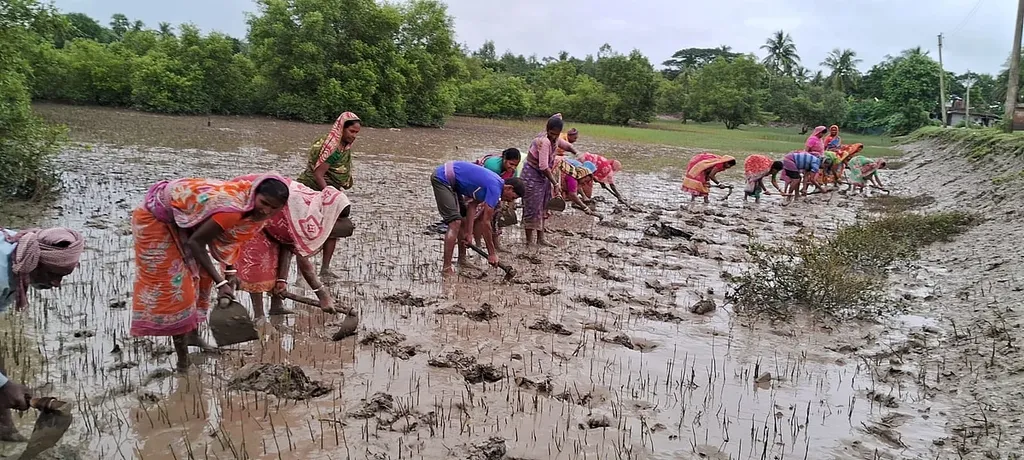In the heart of the Sundarbans, a mangrove ecosystem teeming with life, scientists have uncovered a promising solution to a global agricultural challenge. Researchers from the Agricultural and Ecological Research Unit at the Indian Statistical Institute have isolated three strains of halotolerant bacteria that could revolutionize soil remediation and agriculture. These bacteria, thriving in high salinity and heavy metal conditions, offer a sustainable approach to reclaiming contaminated soils and enhancing soil fertility.
The study, led by Sreemoyee Mitra, focused on the agricultural soils of the Indian Sundarbans, an area known for its unique biodiversity and challenging environmental conditions. The researchers isolated three Bacillus strains—T37, T40, and T41—that exhibit exceptional tolerance to heavy metals and salinity. “These bacteria are not just surviving in harsh conditions; they are thriving and actively remediating the soil,” Mitra explained.
The findings, published in the journal Scientific Reports, reveal that these bacteria can remove heavy metals from the soil with remarkable efficiency. Strain T40, for instance, removed 79.62% of lead and 86.20% of chromium, outperforming previous reports. Strain T41 removed 88.46% of nickel, doubling the efficiency of earlier findings. “The secretion of exopolysaccharides by these bacteria plays a crucial role in metal adhesion and removal,” Mitra noted. Advanced techniques like FESEM-EDX mapping and AES quantification confirmed the biosorption mechanism, highlighting the potential of these bacteria for sustainable soil remediation.
Beyond metal removal, these halotolerant bacteria also demonstrated significant phosphorus solubilization under metal stress. This dual capability makes them ideal candidates for biofertilizers, offering a sustainable solution for reclaiming contaminated soils and enhancing agricultural productivity. “Farmers can effectively use these bacterial strains to reclaim and rejuvenate their lands, making agriculture more sustainable and productive,” Mitra added.
The implications of this research extend beyond agriculture. In an era where soil degradation and contamination are growing concerns, these bacteria could play a pivotal role in land reclamation and environmental restoration. The energy sector, in particular, could benefit from this technology, as contaminated lands can be reclaimed for renewable energy projects, such as solar farms and wind turbines.
As the world grapples with the challenges of climate change and environmental degradation, innovative solutions like these halotolerant bacteria offer a glimmer of hope. By harnessing the power of nature, scientists are paving the way for a more sustainable future. “This research is just the beginning,” Mitra said. “We are excited about the potential applications and the positive impact these bacteria can have on agriculture and the environment.”

